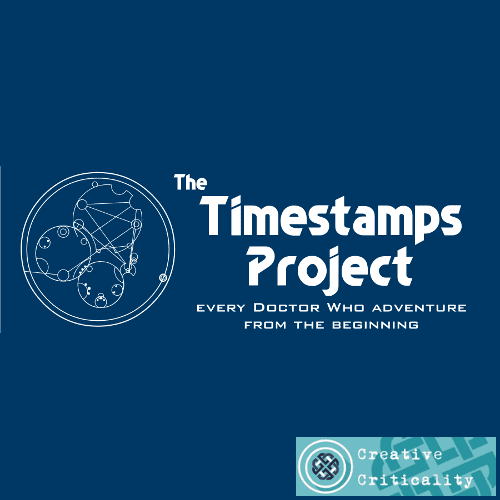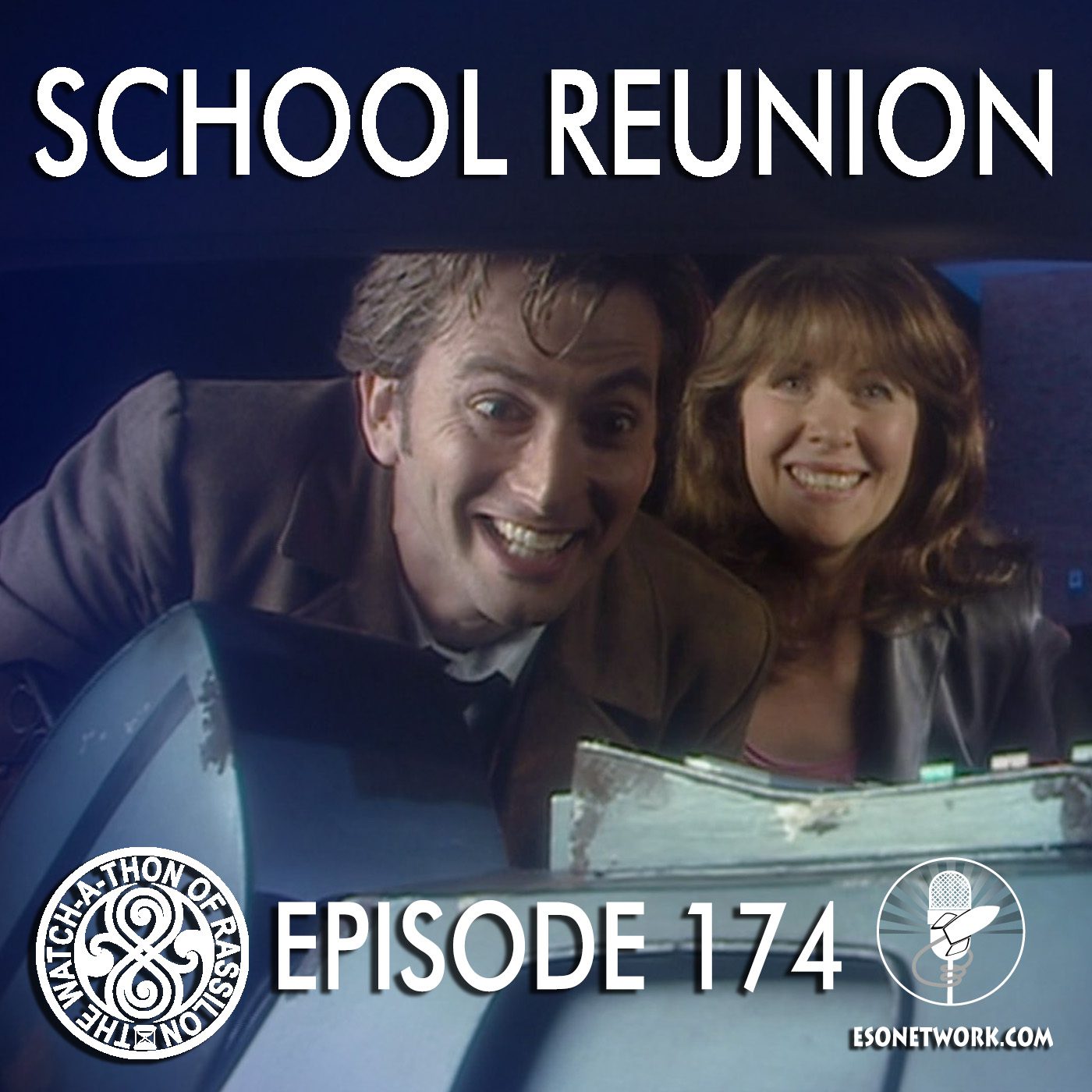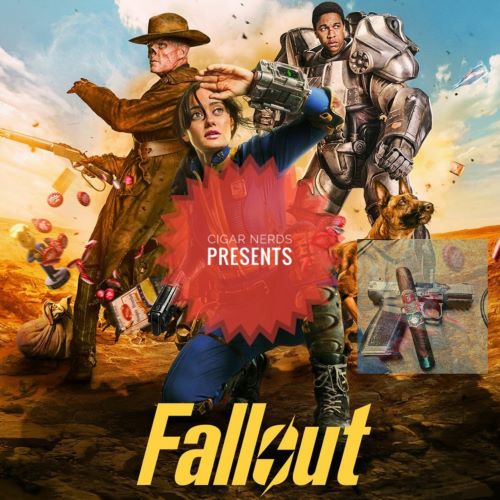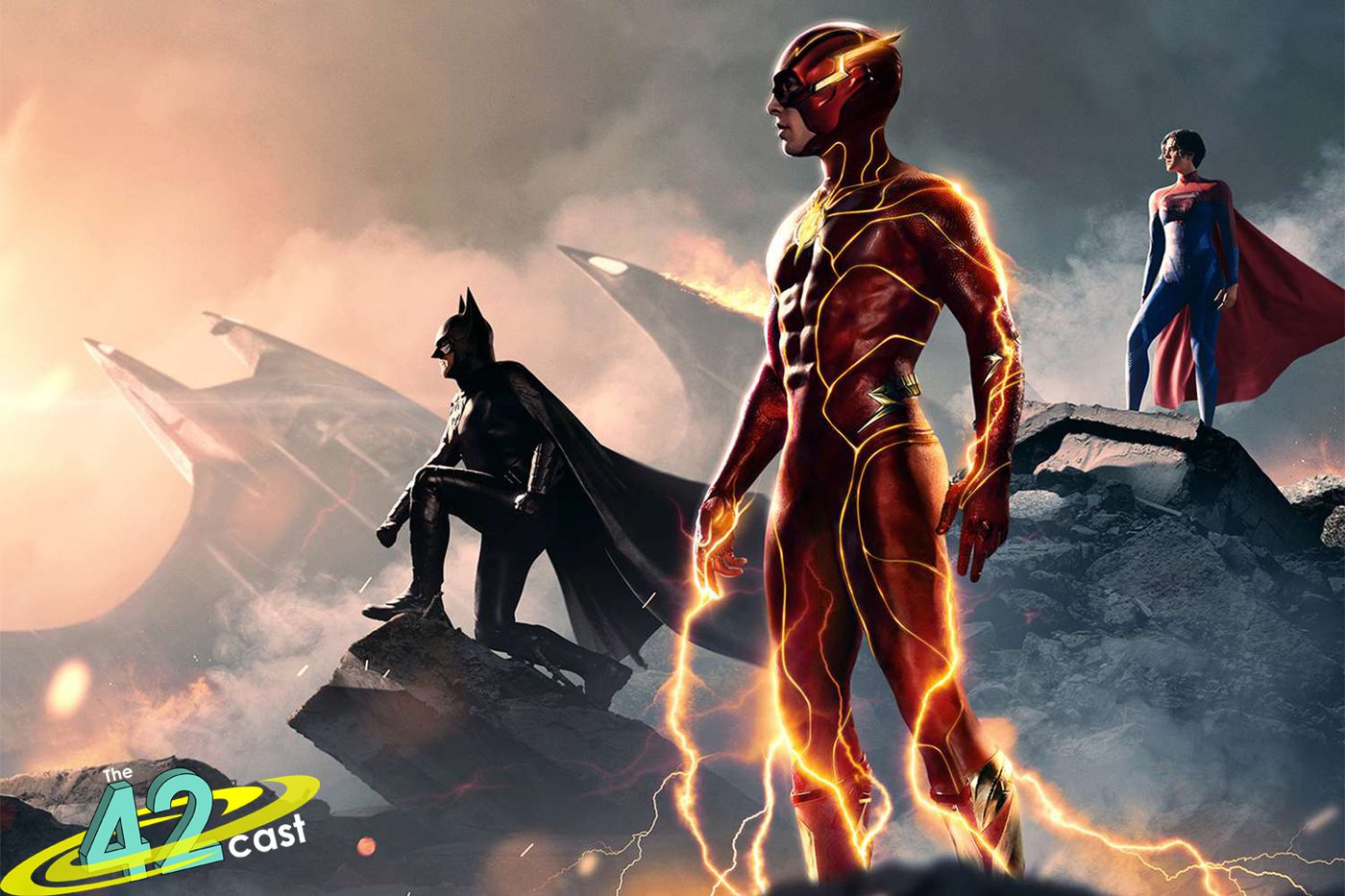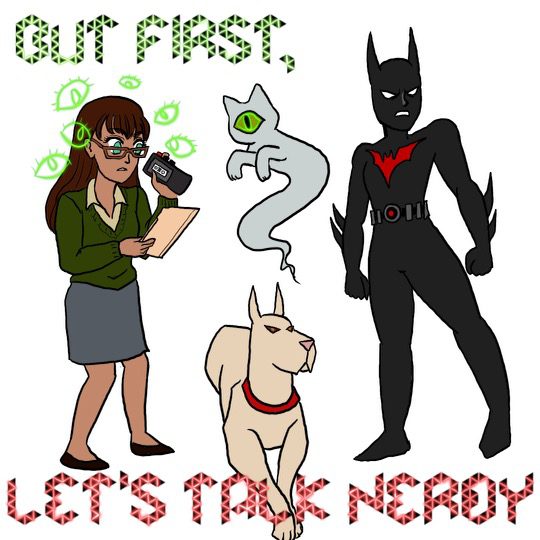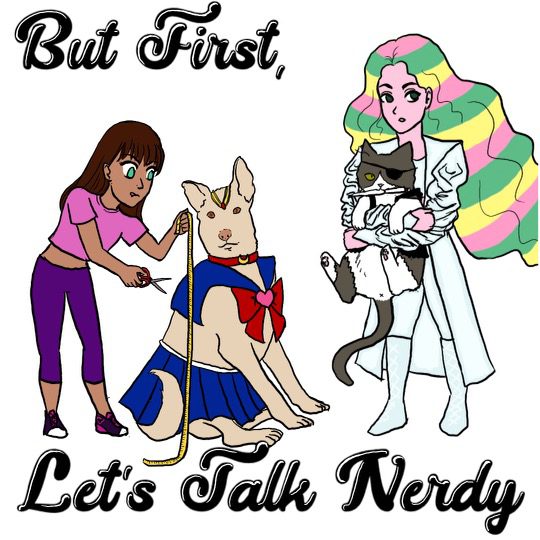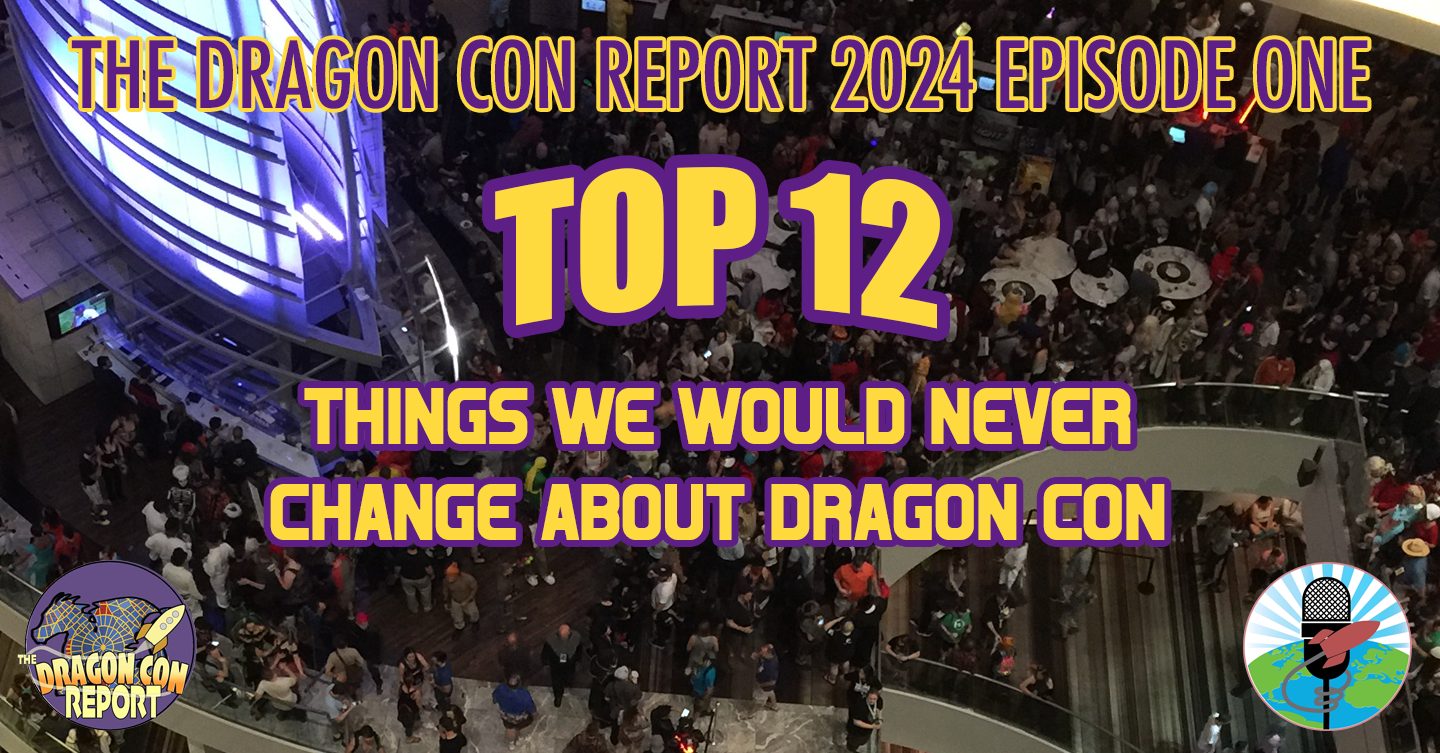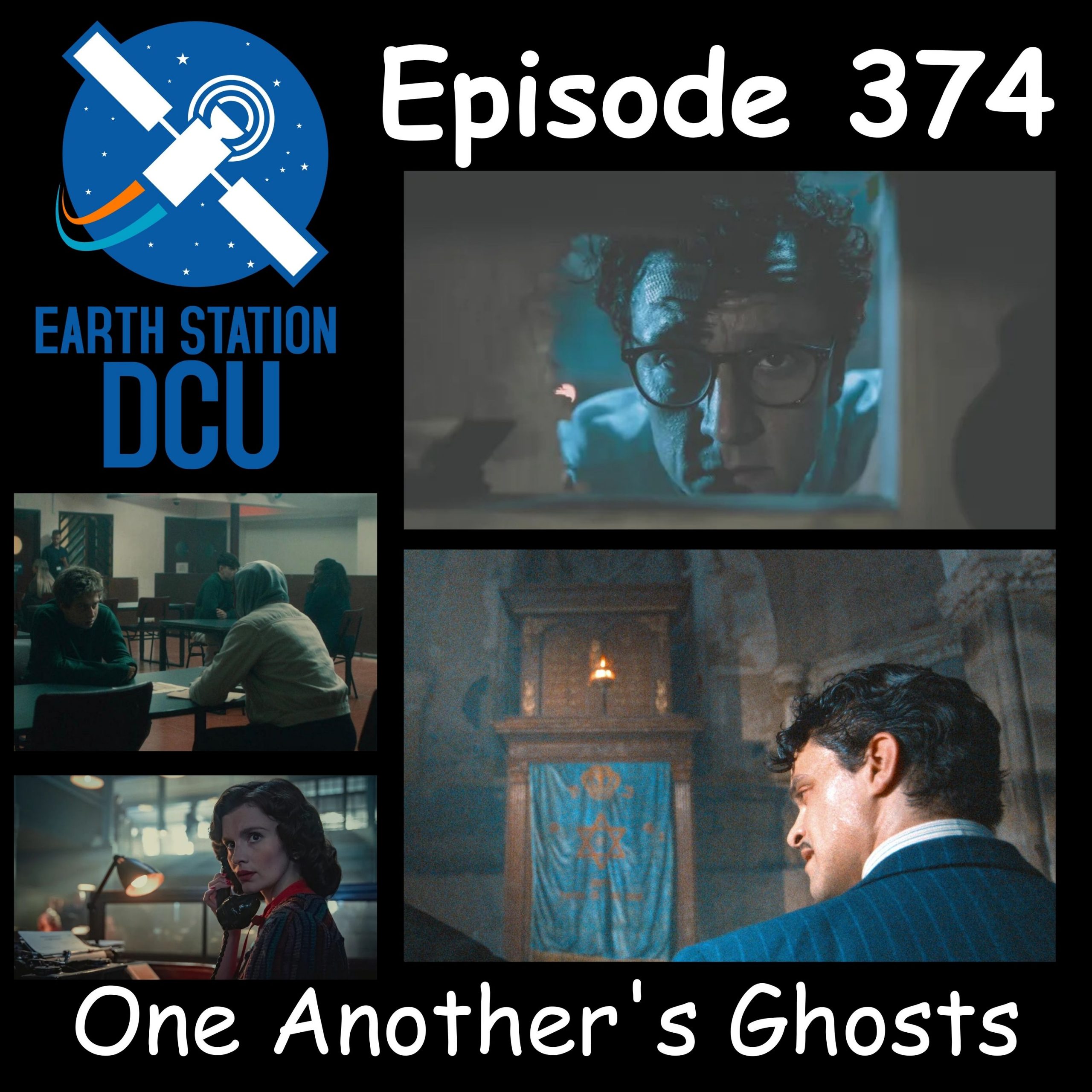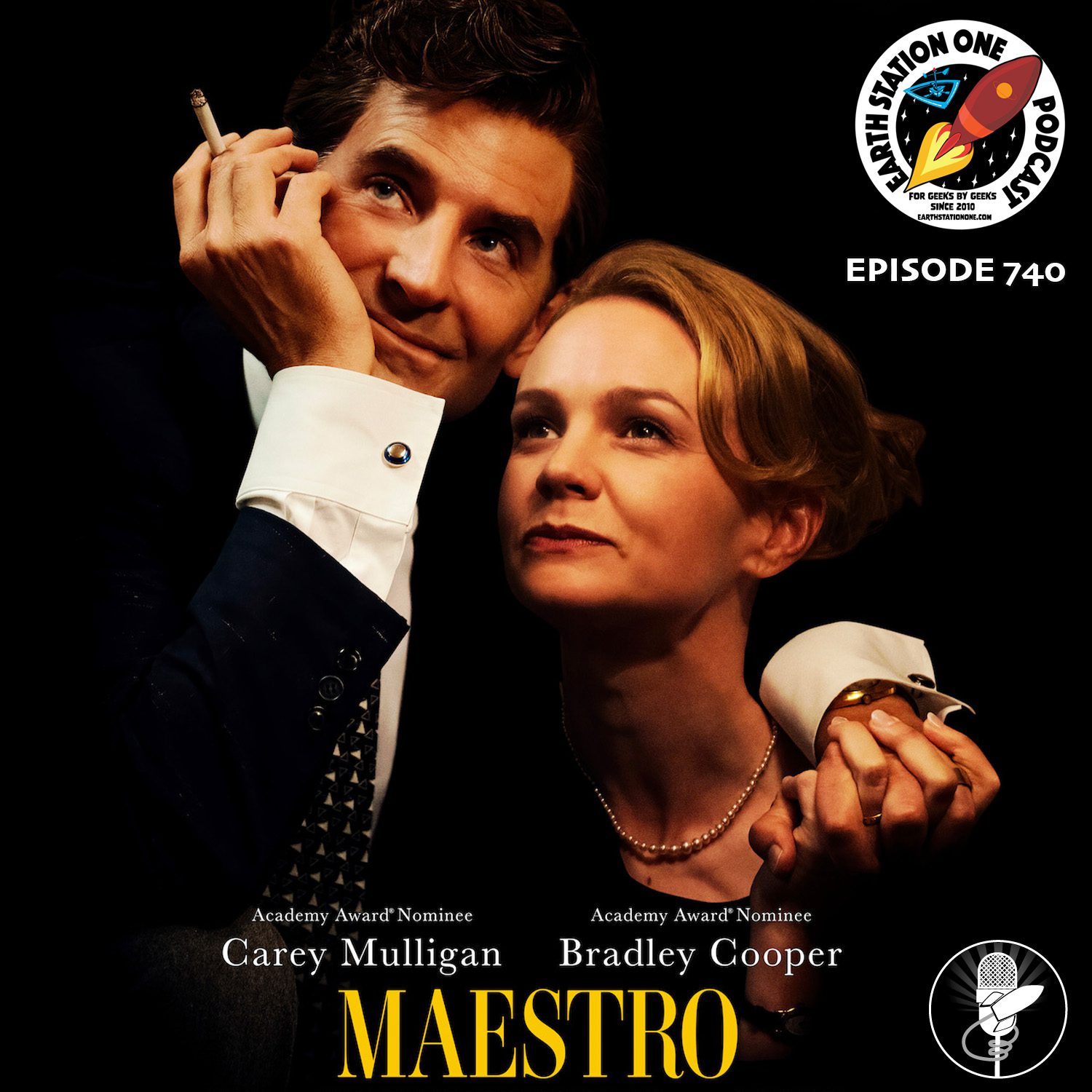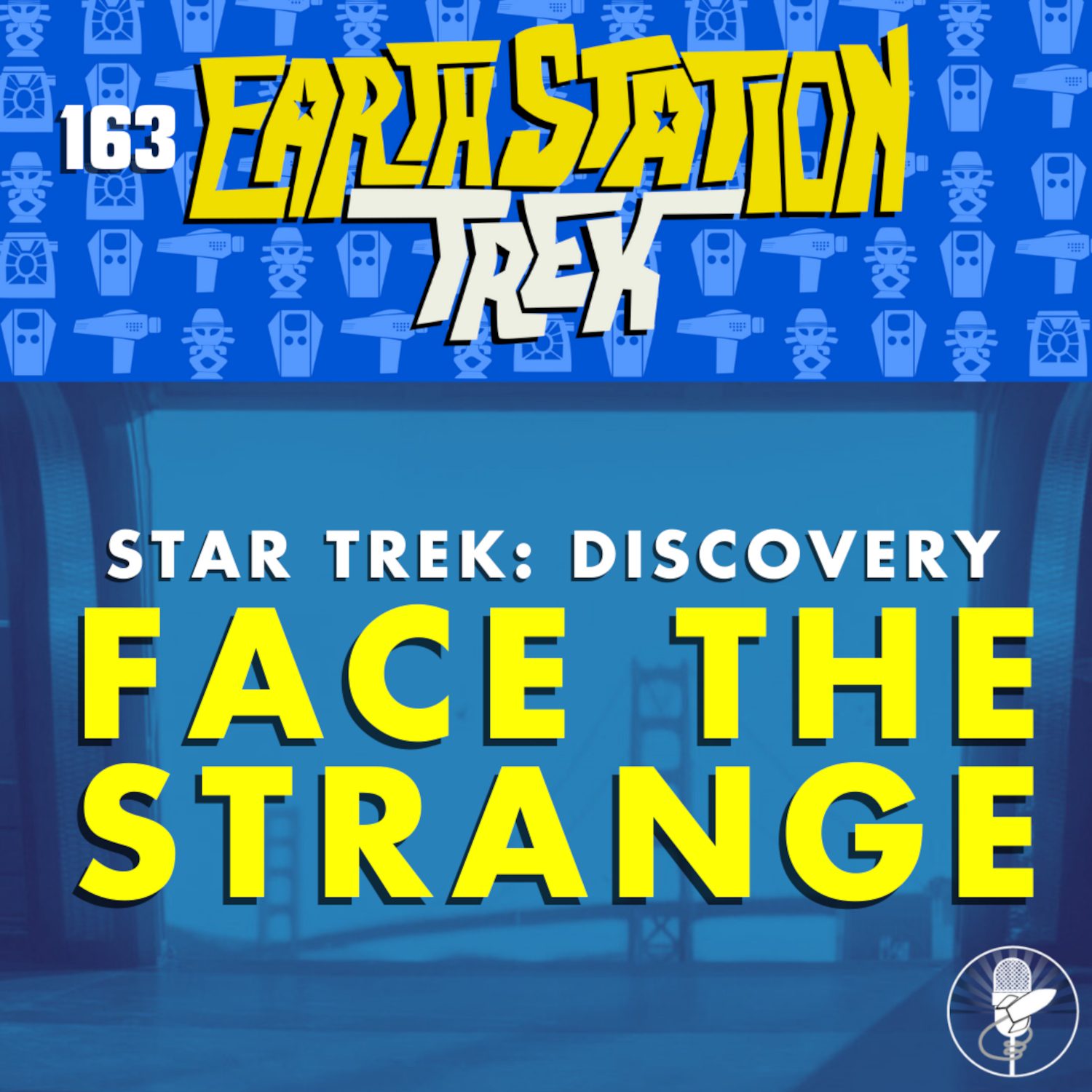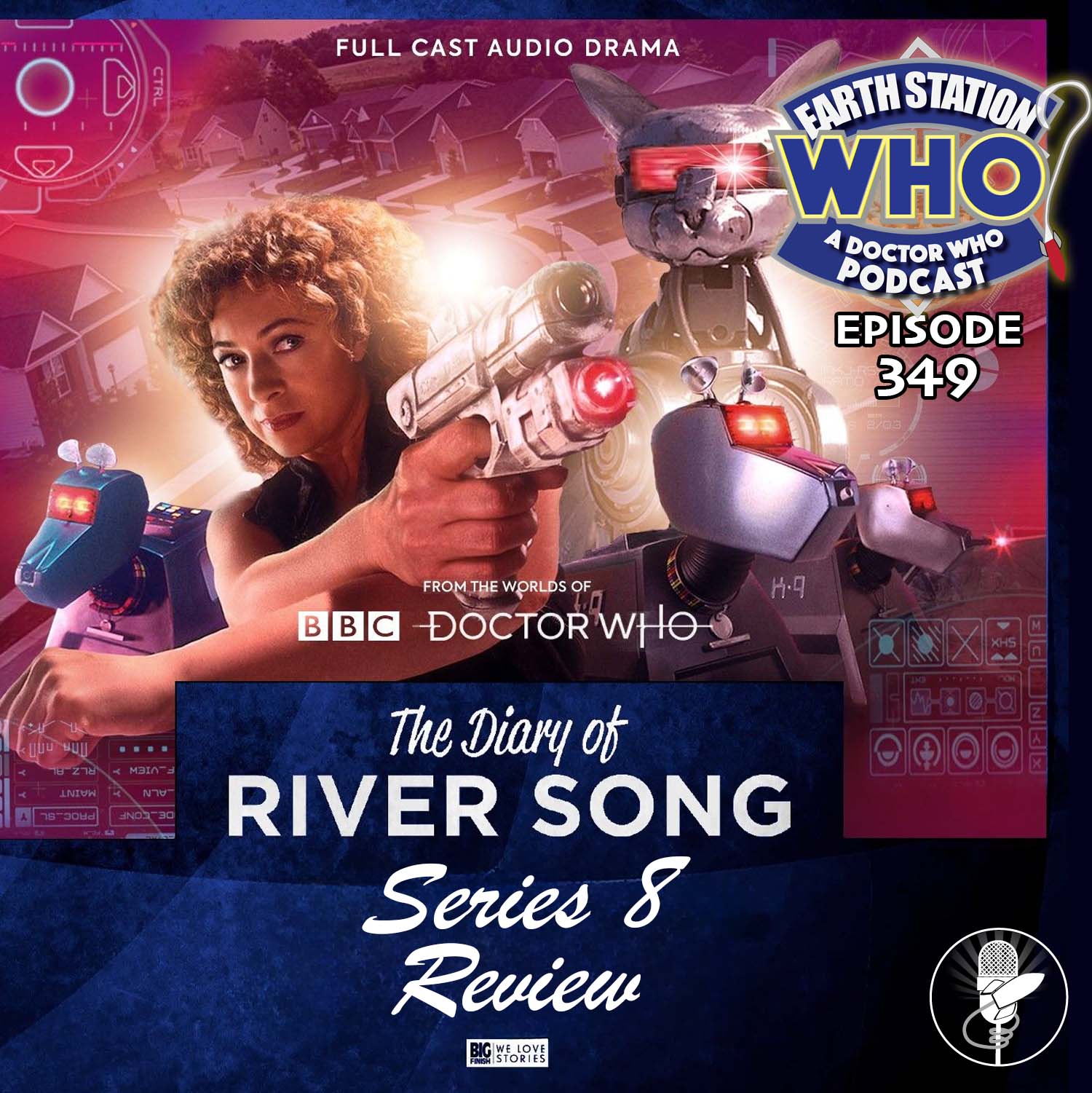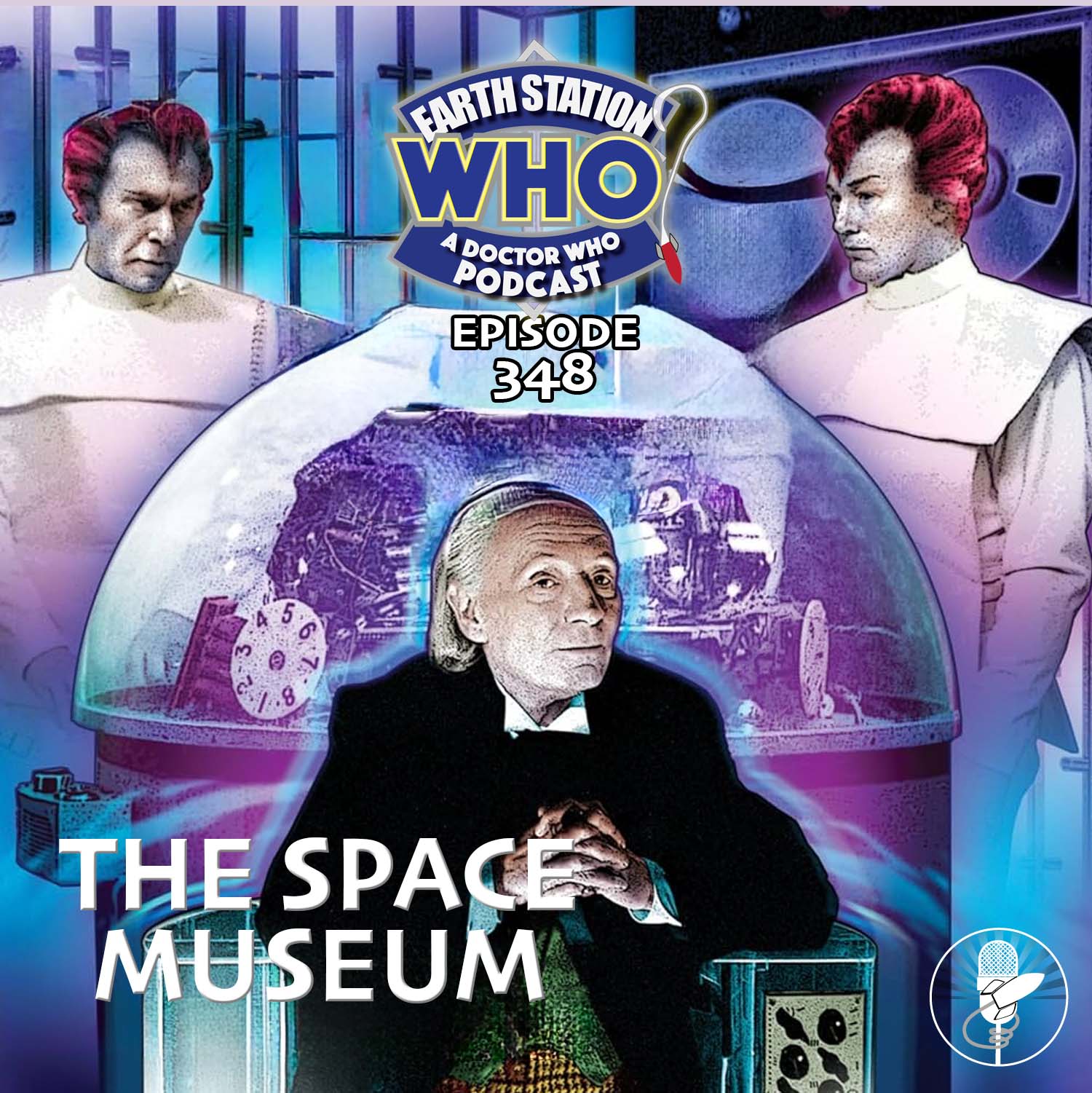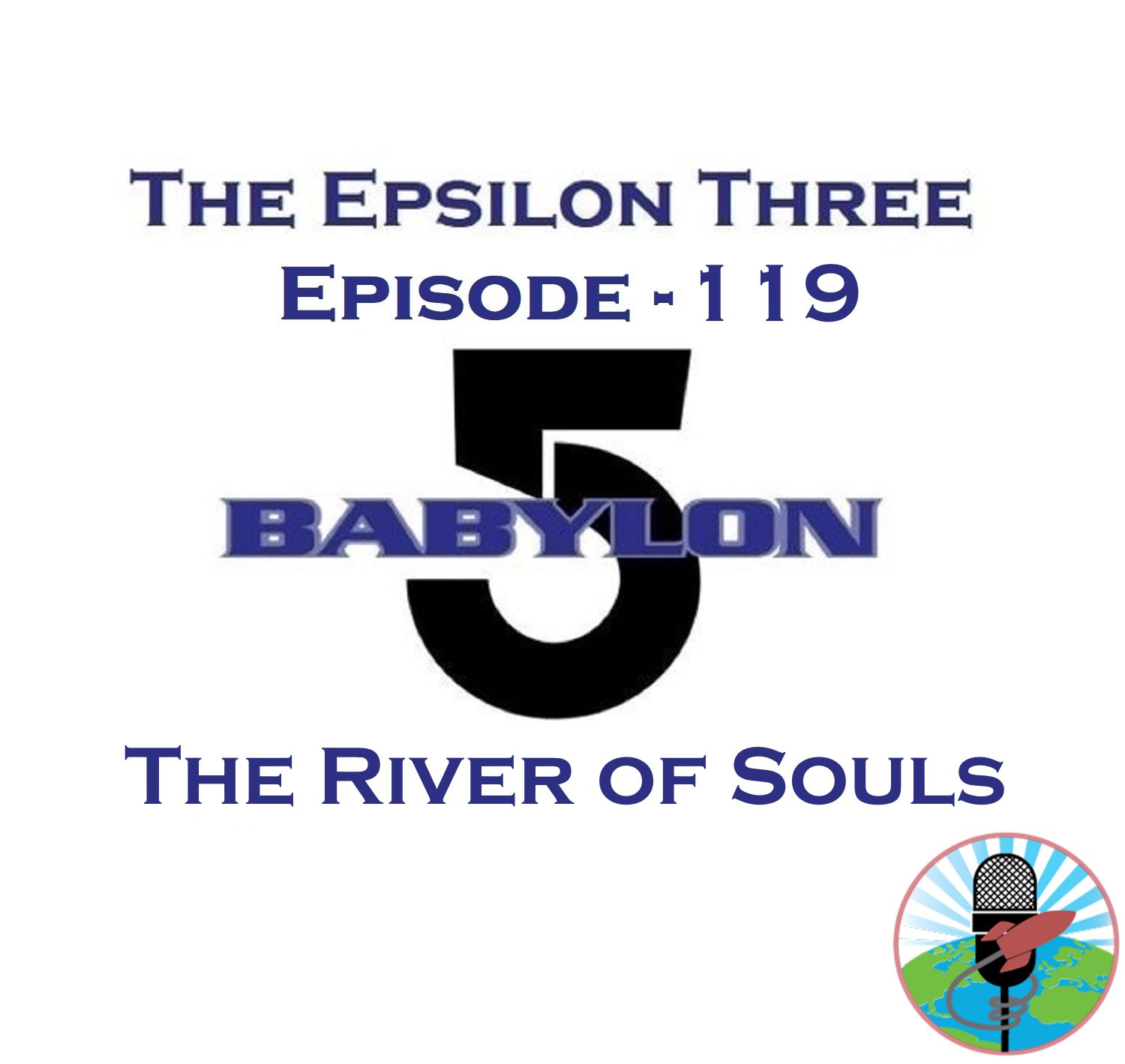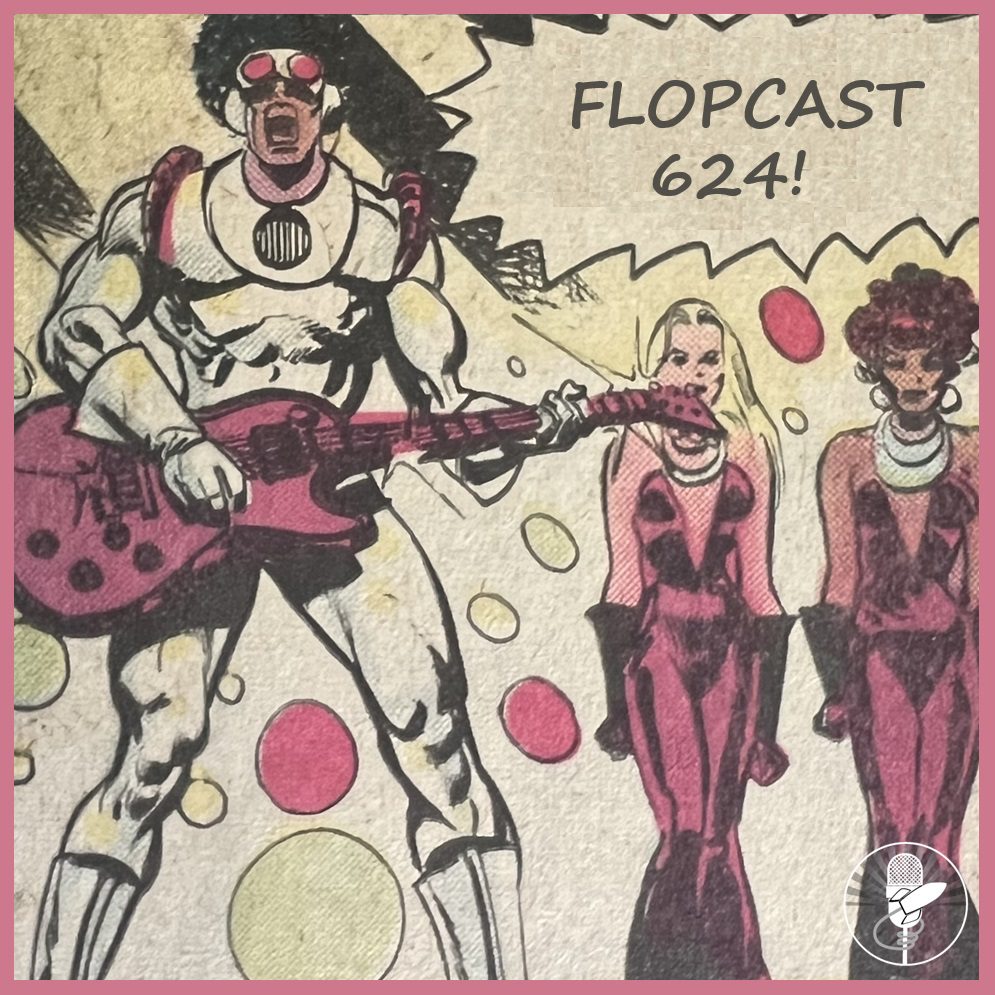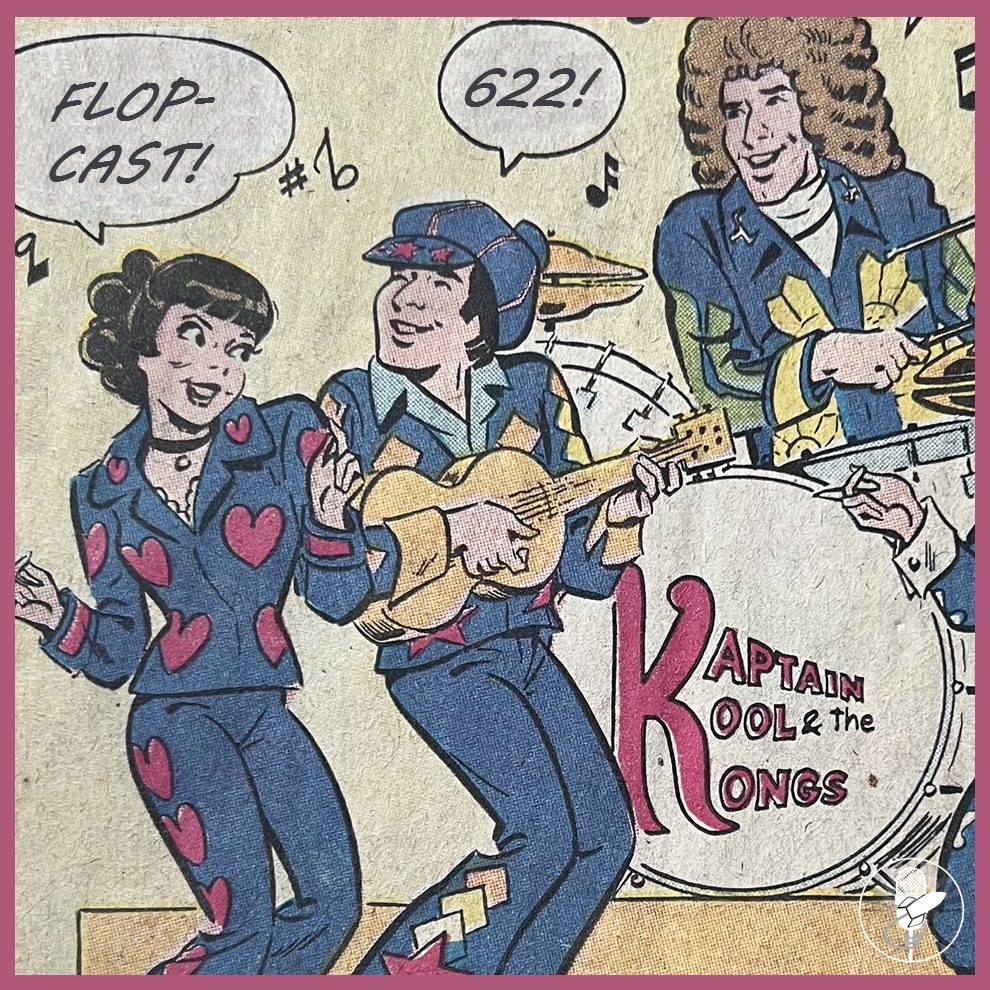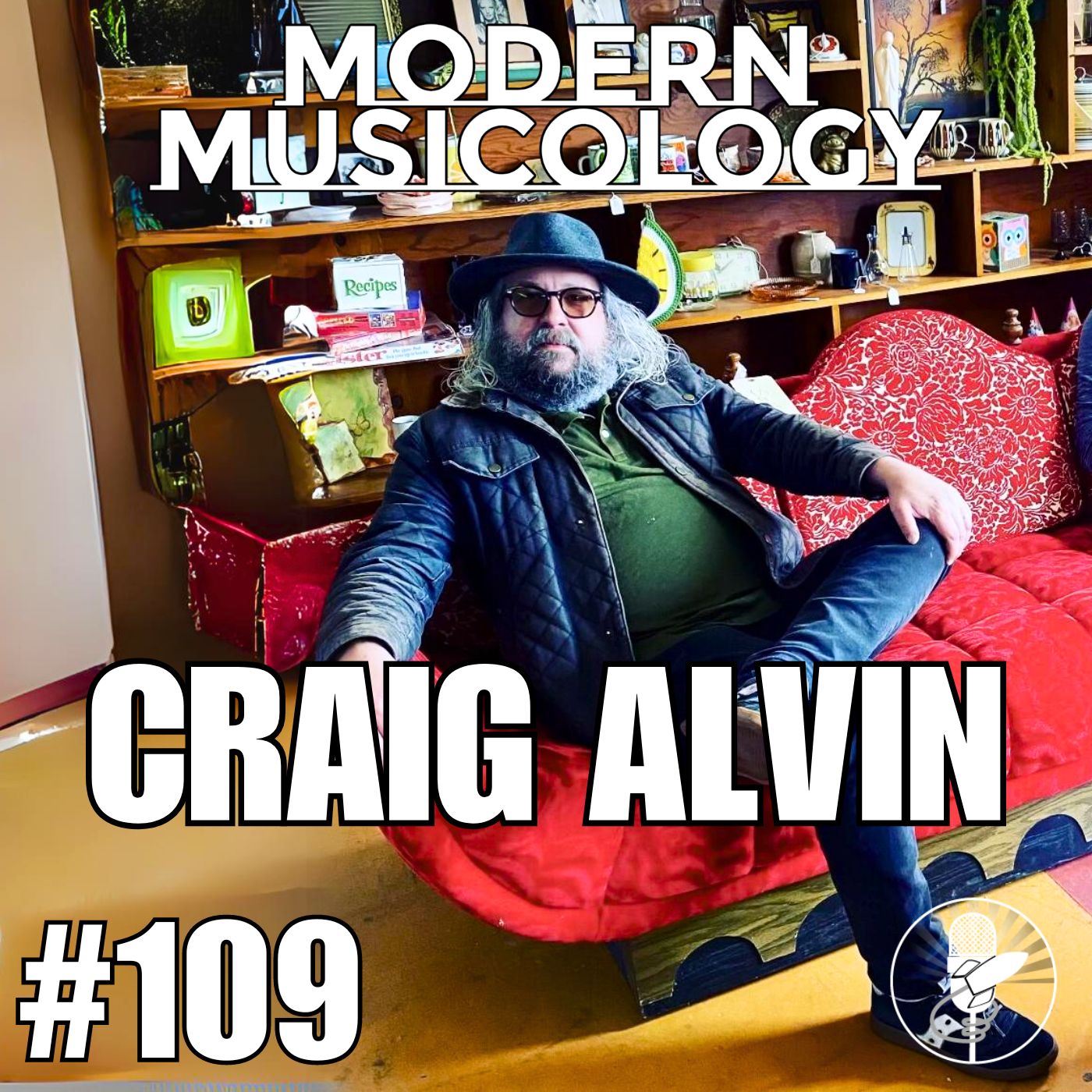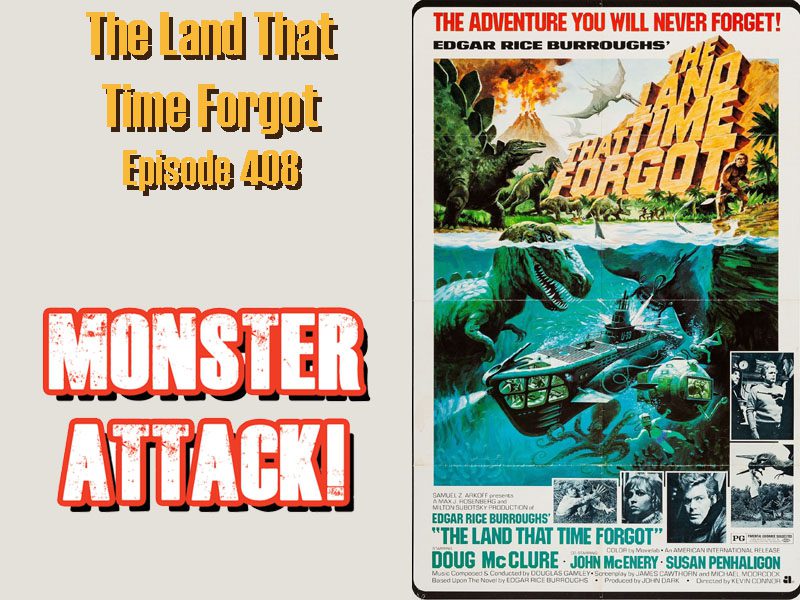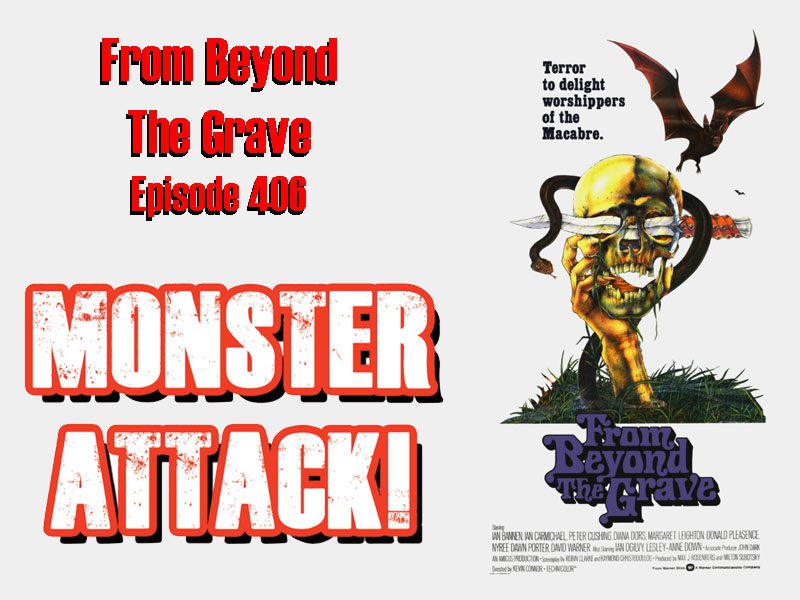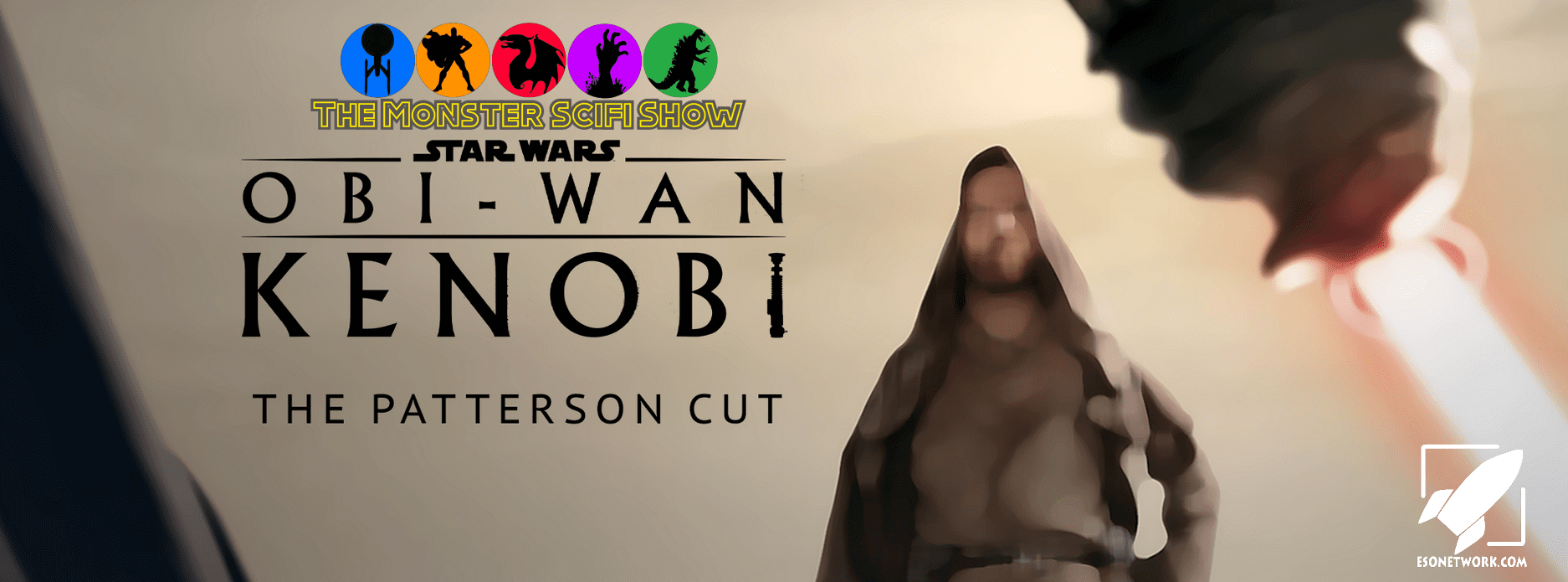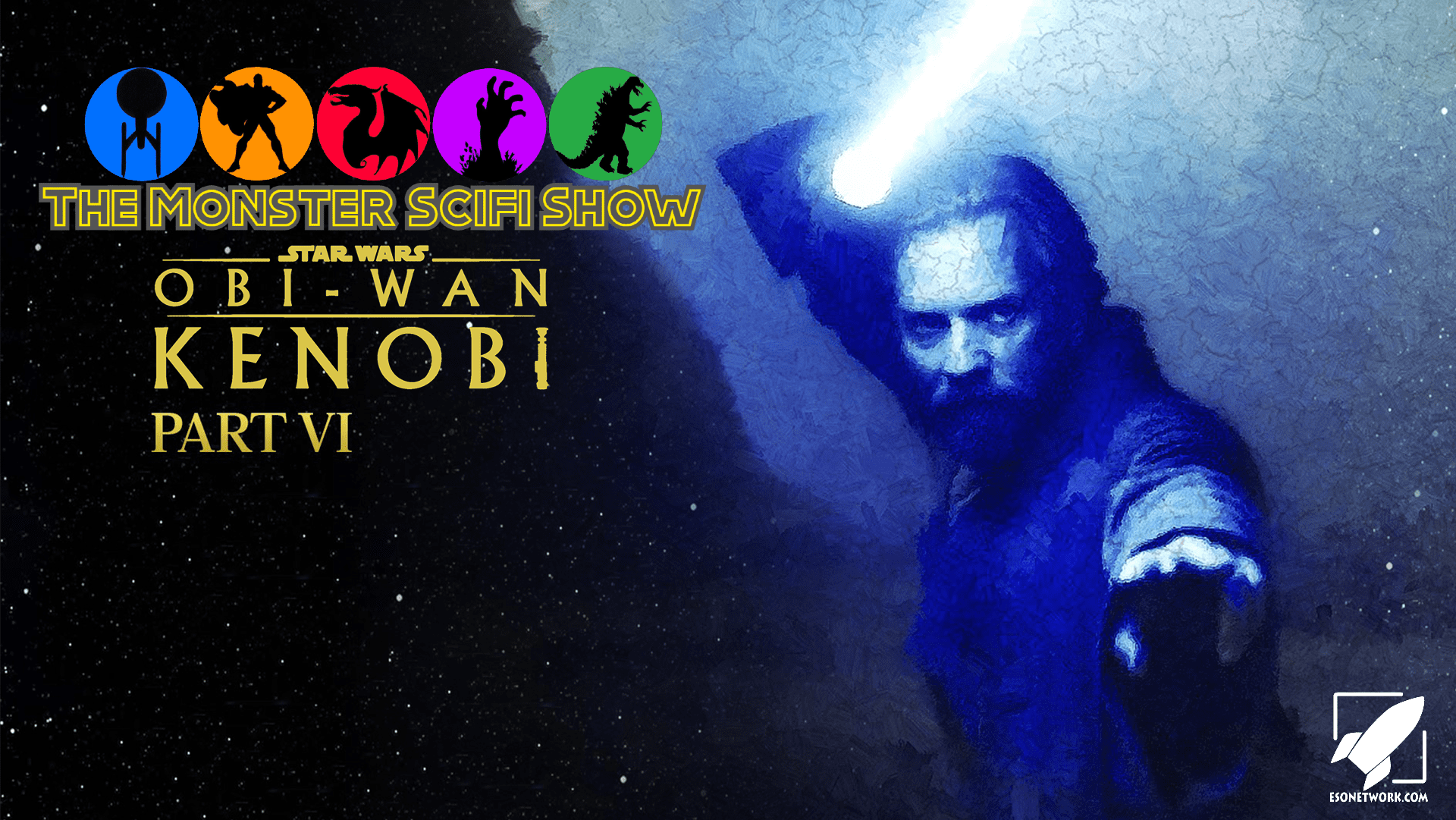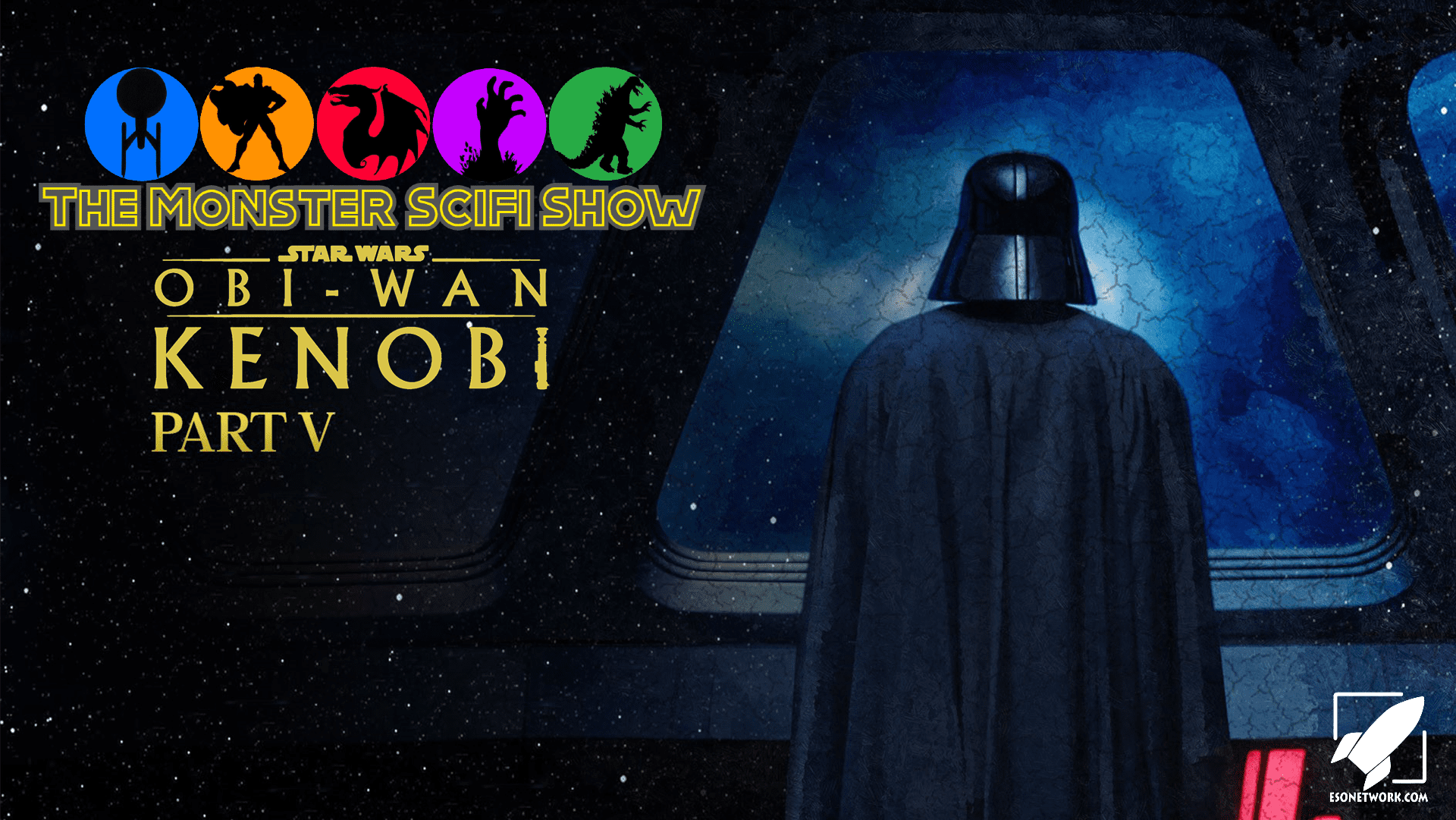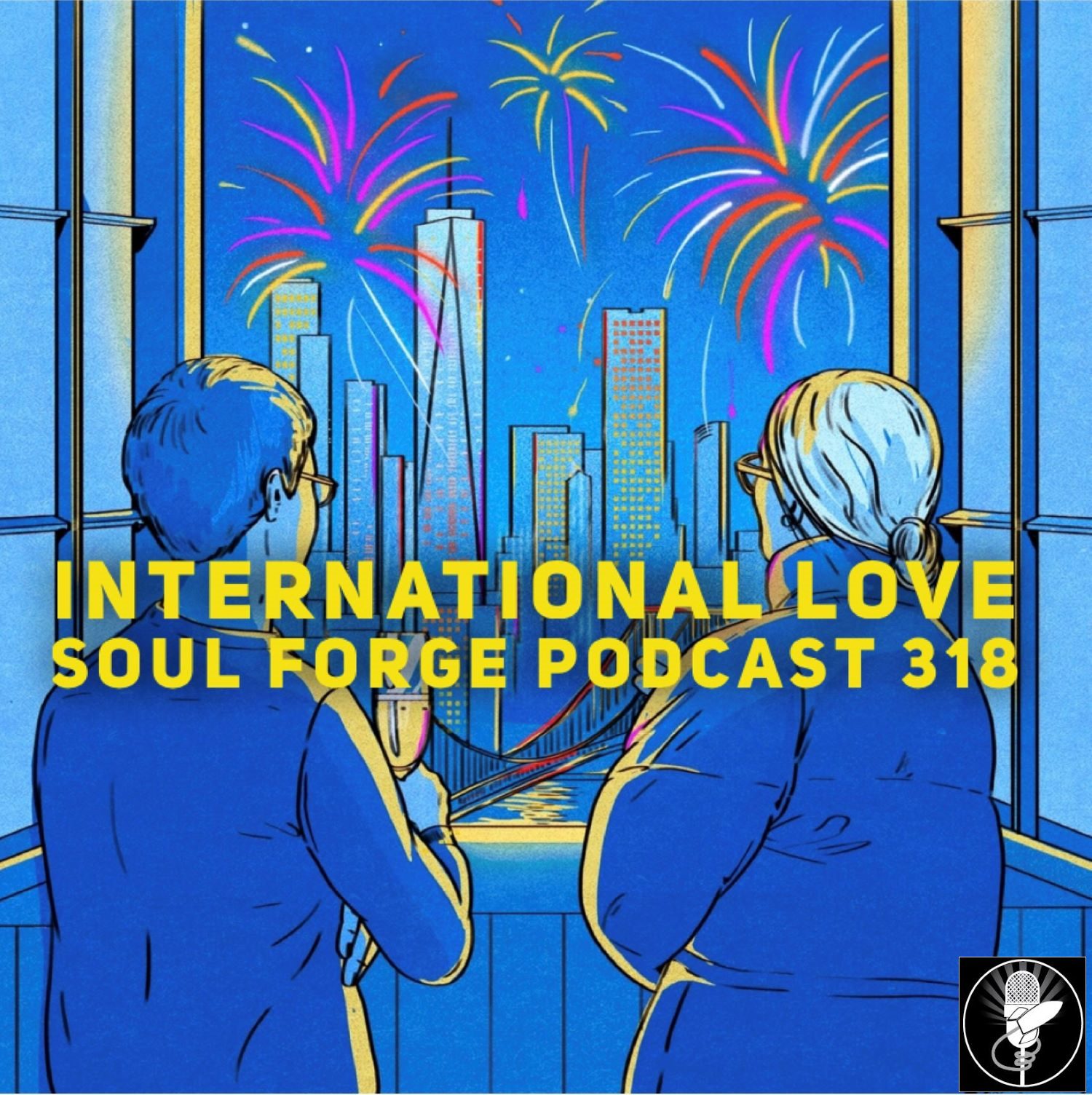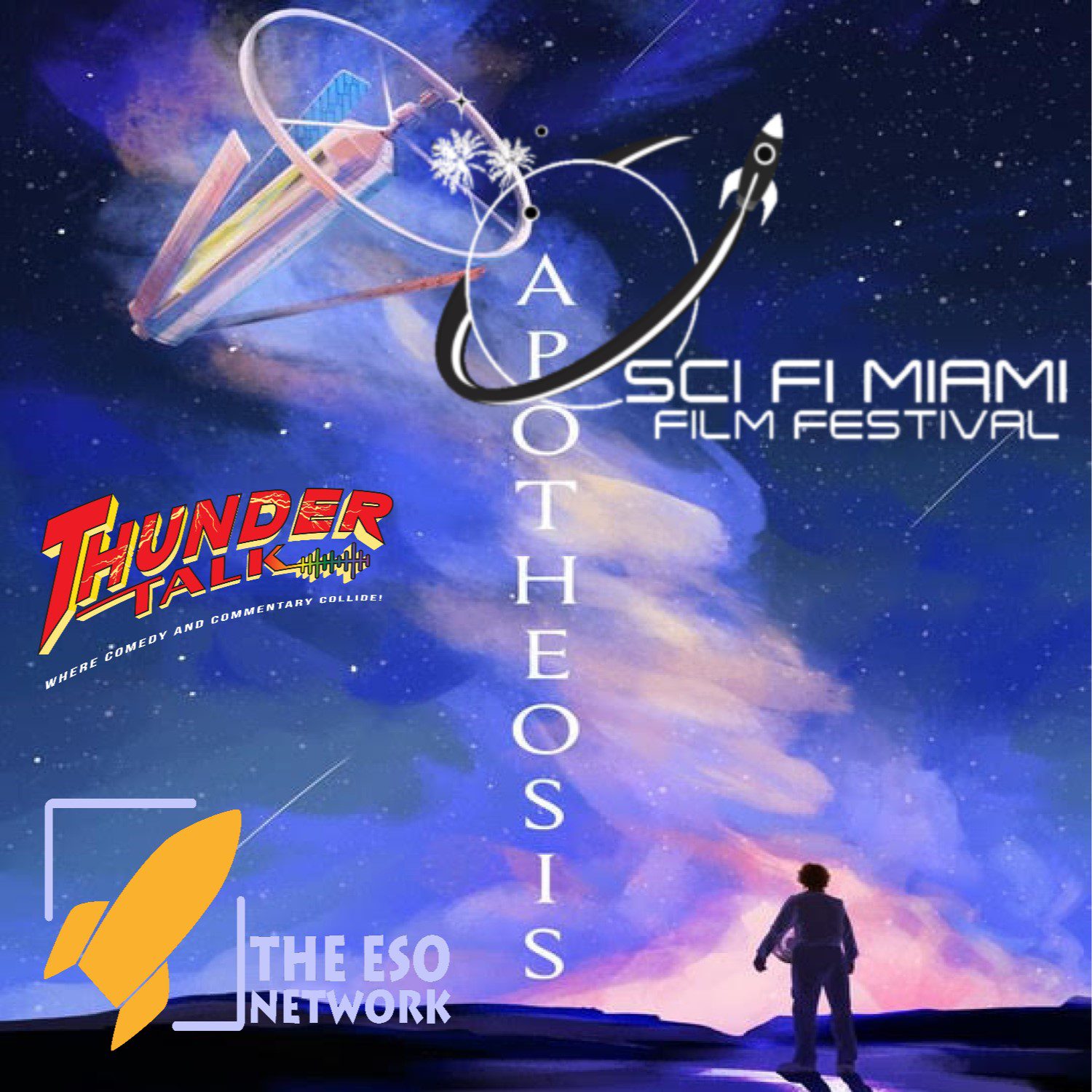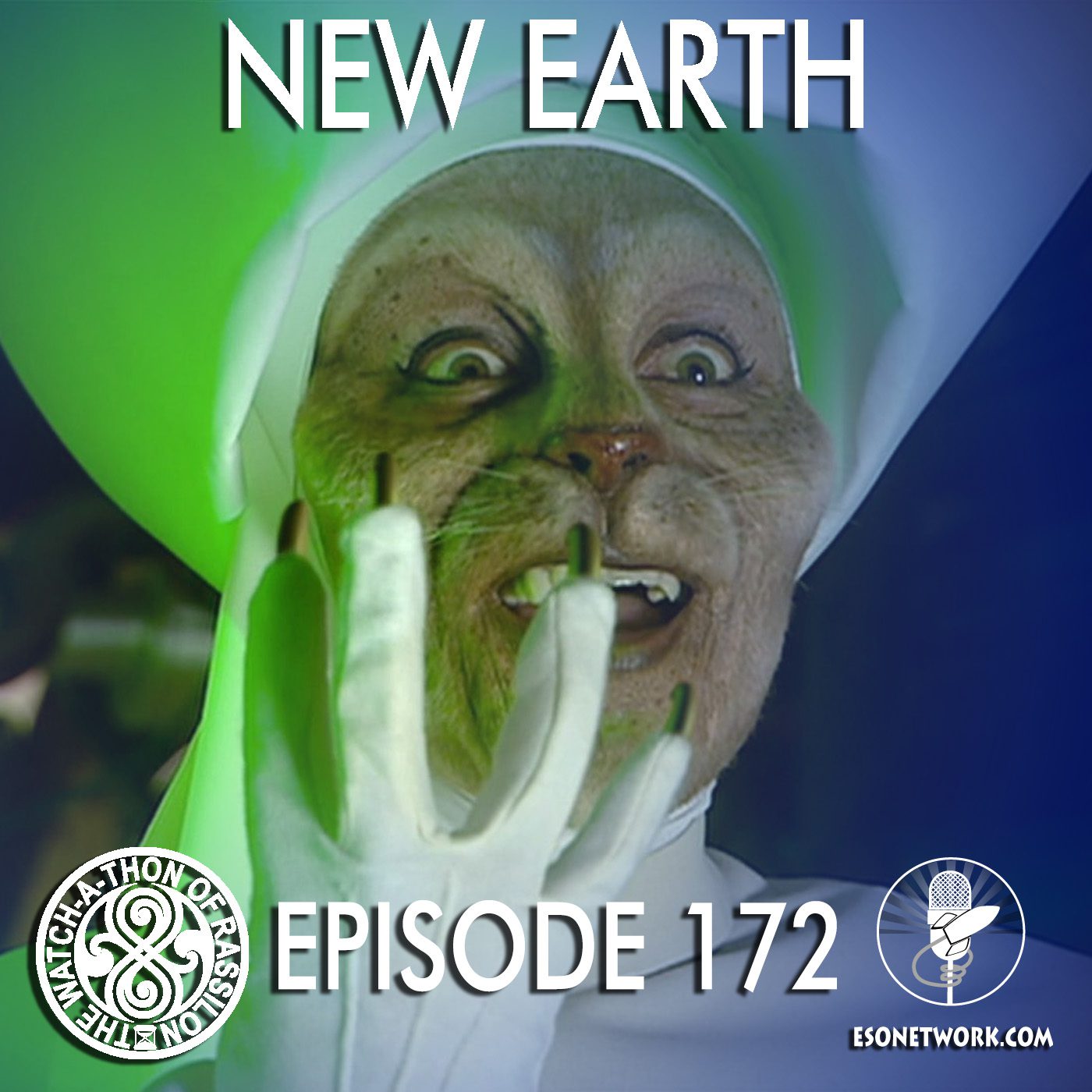 One of the first things that people learn about when they look into classic Doctor Who is that some of the early episodes were thrown away by the BBC. Some people refer to these as “lost stories”. Thankfully, fans recorded the audio off their televisions at the time, so every episode missing from the BBC archives has a surviving soundtrack, and those have all been made available for purchase by the BBC. What The Lost Stories line from Big Finish references are the stories that never got made. Many of these were actually scripted as were the stories in these sets, but due to various issues with the story or production they ultimately were not made. Others were commissioned as story outlines, but either were never approved to be turned into full scripts or were abandoned by their authors. The Lost Stories range adapts these stories for audio, so that they can be enjoyed by fans who like to wonder what if these stories got made. For this first Doctor set, two scripts by author Moris Fahri were chosen. One was a spec script simply written to show the script editor on Doctor Who at the time that he understood the characters. The other is the actual commissioned story that for some time was intended to end the first season of the series, but was never made for reasons which will be described below.
One of the first things that people learn about when they look into classic Doctor Who is that some of the early episodes were thrown away by the BBC. Some people refer to these as “lost stories”. Thankfully, fans recorded the audio off their televisions at the time, so every episode missing from the BBC archives has a surviving soundtrack, and those have all been made available for purchase by the BBC. What The Lost Stories line from Big Finish references are the stories that never got made. Many of these were actually scripted as were the stories in these sets, but due to various issues with the story or production they ultimately were not made. Others were commissioned as story outlines, but either were never approved to be turned into full scripts or were abandoned by their authors. The Lost Stories range adapts these stories for audio, so that they can be enjoyed by fans who like to wonder what if these stories got made. For this first Doctor set, two scripts by author Moris Fahri were chosen. One was a spec script simply written to show the script editor on Doctor Who at the time that he understood the characters. The other is the actual commissioned story that for some time was intended to end the first season of the series, but was never made for reasons which will be described below.
From here each story will be examined on its own and an overall rating for the entire box will be given below.
The Fragile Yellow Arc of Fragrance
 Blurb: Fragrance is a paradise world – a utopia that the travelers are loathe to leave after a relaxing stay. But the way of life is different here. And so is the way of love – as Barbara discovers when the Fragile Yellow Arc is broken…
Blurb: Fragrance is a paradise world – a utopia that the travelers are loathe to leave after a relaxing stay. But the way of life is different here. And so is the way of love – as Barbara discovers when the Fragile Yellow Arc is broken…
Review: The Fragile Yellow Arc of Fragrance is a spec script created to show then Doctor Who script editor, David Whitaker, that he understood the characters and could write a story with them within the series guidelines. Also, unusually for this time period, it means that it’s a single self-contained story rather than a serial. It is longer than the typical episode of classic Doctor Who as it runs for almost 40 minutes. Part of that is probably because narration had to be added to adapt the story as an audio drama, but it also shows that script editors had to work hard in those days to cut down scenes, so that the episode would run the requisite length.
This story is a nice, hard sci-fi tale about a world so much like our own, but with differences that highlight struggles within our own world. In many ways this story is like Doctor Who meets The Outer Limits. What makes this somewhat unique is that Fragrance isn’t a paradise hiding a horrible secret. Fragrance actually is a paradise. It’s only through interaction with strangers from beyond their planet that the problem starts. Fahri also uses the shortness of the story to his advantage. This story could have easily become weighed down with padding and focusing on minutiae to make it longer. Instead, he keeps the pace up with some inter-cutting between Barbara and what’s going on in the TARDIS. He holds the audience’s attention by hinting that something is very wrong, but letting it come out just when it will have the most impact to the story. He also shows just enough of the situation to fit the requirements of the story. It would be easy to show a lot more of the TARDIS crew’s time on Fragrance, but instead he lets what little information is needed come out in the dialog and only what is absolutely essential to the narrative is made part of the story.
The characterization is pretty well done. Barbara, Ian, and Susan feel like the familiar characters from the television series, although for many fans the idea that Barbara would have a romantic relationship with anyone other than Ian seems preposterous. The Doctor is the odd man out. Fahri only had the first four serials of Doctor Who and the writers guidelines to go by when penning this tale and those writers guidelines were revised several times. Therefore, Fahri can be forgiven for making the Doctor a bit nastier than he’d be traditionally depicted, even in the Hartnell era. It’s also jarring to see him taking someone on a tour of his Ship and giving them detailed technical schematics on its function. In the days when the behind-the-scenes lore was that the Doctor was an inventor who made the TARDIS it could make sense, but it seems awfully jarring in hindsight. John Dorney completes the main cast as the somewhat effeminate Rhythm. Although the part is fairly small, it’s easy to see Rhythm as one of those sci-fi characters that were so prevalent in the 60’s, talking in a higher pitch and a strange cadence much like the Aridians in the The Chase. Rhythm doesn’t have many lines, but Dorney puts 100% of his effort into them and ably makes him the tragic figure that he needs to be. He’s contrasted by Helen Goldwyn who puts in a dual performance as Rhythm’s twin sisters, Melody and Harmony. She does a fair job at playing them, but in their case the 60’s sci-fi comes out more in the performance and one is made aware more of the oddness than the characters themselves.
It’s a real shame that Fahri didn’t try to do more science fiction for Doctor Who. The Fragile Yellow Arc of Fragrance is a bit more philosophical than the standard Doctor Who at the time, but is all the stronger for it. Fahri wasn’t afraid to develop the characters and put them in very uncomfortable situations. The way that the story unfolds shows an awareness of how to keep the audience engaged while also giving the story an emotional punch. There are some interesting ideas developed such as the TARDIS crew’s own ignorance causing a problem that becomes the central conflict of the story. There’s a theme of paradise being too good to be true and that there’s a catch in everything. There’s an allegory about love and loss that’s a bit too visceral for the sensitivities at the time, but which resonates well nowadays. There’s also the ending, which is both powerful and moving and shows that Fahri wasn’t afraid of a little darkness in his storytelling. As such, this story is really a showcase of a Doctor Who that never was, but which would have made a fascinating addition to the series if it had been made.
Farewell, Great Macedon
 Blurb: The TARDIS materialises in the Hanging Gardens of Babylon, one of the Seven Ancient Wonders of the World, in the year 323 BC. The Doctor, Ian, Barbara and Susan meet Alexander the Great – but their excitement is tempered by the realization that these are the final days of Alexander’s life. As the travelers become embroiled in the tragic events, the inevitability of history unfolds around them. But can they – and should they – change it?
Blurb: The TARDIS materialises in the Hanging Gardens of Babylon, one of the Seven Ancient Wonders of the World, in the year 323 BC. The Doctor, Ian, Barbara and Susan meet Alexander the Great – but their excitement is tempered by the realization that these are the final days of Alexander’s life. As the travelers become embroiled in the tragic events, the inevitability of history unfolds around them. But can they – and should they – change it?
Review: Farewell, Great Macedon was written by Moris Farhi in 1964. In those days Doctor Who typically alternated between historical and science-fiction stories and this was a contender for the historical at the end of the season, a slot eventually taken up by The Reign of Terror. Farhi cites his Turkish background as a reason why he’s always been taken with the idea of the unification of East and West. As a result, he’d always been fascinated with Alexander the Great, a figure who not only wanted to unify Europe and Asia under a single government, but who also wanted to unify the cultures within his empire. Finding it a suitable subject to satisfy the historical education requirement of Doctor Who, script editor, David Whitaker, commissioned Farhi to produce a single episode. Since, Farhi was a fairly new writer, it was thought that the single episode would allow time to assess the script for its suitability as well as to make any notes on the storyline as required. Farhi, however, became so enthused with the prospect of writing his epic that he wrote all six episodes, even though he had only been paid for one. Whitaker found several issues with the script and wanted significant rewrites. Having already invested the time in writing the full storyline, Farhi found it difficult to make the requested rewrites on time. By the time that he was able to continue work on the scripts, the production team had changed and were emphasizing science-fiction stories over the historicals. His storyline was now felt to be completely unsuitable and Farhi abandoned it. Thankfully, he kept the scripts and because of that, Big Finish has been able to recreate the story with the two surviving actors who would have been part of it had it been made, William Russell and Carole Ann Ford.
Farewell, Great Macedon comes off as Hartnell by numbers. It’s a strange thing when you consider the fact that when this was written – around the time episodes one and two of The Keys of Marinus were being aired – that many of the tropes and and story ideas that it employs hadn’t been invented yet. It’s true that Marco Polo may have given Farhi the inspiration for the epic scope of this story. Yet, the story also deals with the question of whether or not to change history, echoing the storyline of The Aztecs. The story also deals with a conspiracy to assassinate a monarch, such as in The Romans. A king plans to unify East and West, starting with a marriage alliance, such as was proposed by Richard in The Crusade. Religious tolerance leads to murder, which was also a theme in The Massacre. It seems odd that Farhi should be so prescient, yet also have his story rejected. Yet, if this story seems familiar, one should keep in mind that it was written first, to judge it as it would have been if it had aired as intended rather than with the hindsight of 50 years of Doctor Who storytelling to comment on. In that regard, Fahri is actually a visionary who foresaw much of what could be done with a Doctor Who story and tried to implement it all rather than just one or two ideas.
 The story definitely fulfills the requirements of educating children about Alexander the Great. The entire tale is a romanticized version of Alexander’s story, but with the facts used to give a framework for a story about a man who dreamed to grand of a vision for his time. Unfortunately, the story also falls victim to the pacing issue that plagues so many of the Hartnell six-parters. It feels like such a long, slow slog to get through the murders of Alexander’s various generals and then the plot on his own life. It doesn’t help that the TARDIS crew are cast in a reactionary position every time, never being able to warn or assist the victims ahead of time and creating dramatic tension as they fight against fate. Instead, they merely try to save the victims. Since the TARDIS crew are the audience’s main identification for the narrative, it creates a sensation of insulation from the excitement of the narrative, which mutes any engagement that someone might feel while watching or listening to the story.
The story definitely fulfills the requirements of educating children about Alexander the Great. The entire tale is a romanticized version of Alexander’s story, but with the facts used to give a framework for a story about a man who dreamed to grand of a vision for his time. Unfortunately, the story also falls victim to the pacing issue that plagues so many of the Hartnell six-parters. It feels like such a long, slow slog to get through the murders of Alexander’s various generals and then the plot on his own life. It doesn’t help that the TARDIS crew are cast in a reactionary position every time, never being able to warn or assist the victims ahead of time and creating dramatic tension as they fight against fate. Instead, they merely try to save the victims. Since the TARDIS crew are the audience’s main identification for the narrative, it creates a sensation of insulation from the excitement of the narrative, which mutes any engagement that someone might feel while watching or listening to the story.
There’s also a horrible sense of wrongness when the story explores the question of whether the time travelers should change history or not. Here, it’s Barbara as the schoolteacher who takes the side that they should not change history under any circumstances, and Susan supports her in this. Yet, it’s the Doctor and Ian who feel that Alexander is too important and great of a man, and they should do anything within their power to prevent his fate. This presents several issues. First, there’s the the sheer tackiness of Ian constructing a bronze age iron lung to keep Alexander alive. It seems like there’d be some specialized technical skill required to pull that off, and it seems obvious that giving such technology to an earlier era would create a problem, even if you’re not steeped in decades of time traveling science-fiction lore.
Second, there’s the fact that it flies in the face of what happened in The Aztecs. There, it’s Barbara who feels that she could improve things by changing history, and the Doctor vehemently opposes it. One shouldn’t fault Fahri for this as naturally, the story had not aired when he wrote his script, so there was no way to know that this was how the characters would react nor that this theme was already going to be taken up by the series before he had a chance to delve into it. If anything, the writer’s guidelines were to blame, since at one point the Doctor was envisaged as a historical meddler bent on destroying his old time by mucking with history, and it’s possible that Fahri had this version in mind when penning this tale. Yet, the end result is that the characters seem bizarrely out of character. Even if one supposes that Barbara was convinced to never again attempt to change history by the events of The Aztecs, it still doesn’t make sense that she wouldn’t talk to the Doctor about his own hypocrisy in changing from a position that he’s so vehemently argued. If this were treated as an Elseworlds style tale, it would be one thing, but Big Finish refers to this story in several of its other stories, attaching it to the main Doctor Who canon and therefore meaning that the overall characterization should be consistent. It’s not as if Big Finish were required to keep the script inviolate. One aspect of the original script, where the time travelers have to go to a room in the TARDIS where there’s a machine which allows them to learn ancient Greek is cut from the audio play, since it doesn’t match the continuity of the series. It seems like the characterization should have been amended as well to account for this issue, and it seems odd that it wasn’t. The third issue is one of morality. The tale presents us with multiple characters whom we are supposed to like who fall mortally ill. While they could be saved, they decide instead to accept that it is their fate to die. The story treats this as noble sacrifice, but suicide for the sake of saving one’s own comfort has always been a morally difficult situation at the best of times and here it just falls flat. The characters seem cowardly instead of noble and it undercuts the message that the story is trying to present.
 Yet, the story manages to engage despite its imperfections. At its heart, this is a romanticization of Alexander the Great, and it deftly portrays the multi-faceted man that history describes. Part of that is down to the writing, which shows Alexander to be a man given to passionate fits, but he was also a man that was wise enough about rulership to know that any lasting government would need to represent the entirety of its people. There are also some lovely character moments, such as Alexander enjoying the Doctor having fun at the expense of his priest. There’s also the courage that he shows in the face of apparent prophecy, and his loyalty to the TARDIS crew even when they are accused of murder and the evidence seems to point in their direction. There’s also the wonderful sequence of the funeral games where the Doctor and Ian must prove their innocence by overcoming various trials. The Doctor agrees to walk over burning coals and makes a great spectacle over doing so. Someone can easily imagine William Hartnell enjoying making such a spectacle of himself, which adds a special charm to the scene and an extra dimension to the play. There’s also Ian’s “intelligent fighting” when he competes in the wrestling tournament. It’s a shame that it was never filmed, because that’s another sequence that seems like it would have been very fun to watch and that William Russell would have excelled at performing. If anything gives this script strength it’s the human touches that the protagonists all have and which give them the qualities that endear them to listener.
Yet, the story manages to engage despite its imperfections. At its heart, this is a romanticization of Alexander the Great, and it deftly portrays the multi-faceted man that history describes. Part of that is down to the writing, which shows Alexander to be a man given to passionate fits, but he was also a man that was wise enough about rulership to know that any lasting government would need to represent the entirety of its people. There are also some lovely character moments, such as Alexander enjoying the Doctor having fun at the expense of his priest. There’s also the courage that he shows in the face of apparent prophecy, and his loyalty to the TARDIS crew even when they are accused of murder and the evidence seems to point in their direction. There’s also the wonderful sequence of the funeral games where the Doctor and Ian must prove their innocence by overcoming various trials. The Doctor agrees to walk over burning coals and makes a great spectacle over doing so. Someone can easily imagine William Hartnell enjoying making such a spectacle of himself, which adds a special charm to the scene and an extra dimension to the play. There’s also Ian’s “intelligent fighting” when he competes in the wrestling tournament. It’s a shame that it was never filmed, because that’s another sequence that seems like it would have been very fun to watch and that William Russell would have excelled at performing. If anything gives this script strength it’s the human touches that the protagonists all have and which give them the qualities that endear them to listener.
The production itself is also uneven. It’s an odd mix of narration and spoken dialog. It seems strange for William Russell and Carole Ann Ford to add the words “he said” or “she said” after they speak a line of dialog in character. That makes it very difficult to engage with the story. It also doesn’t help that Ford and Russell seem to change who reads for certain characters depending on the scene. While it makes sense that one of them might be overburdened if they had to do a single with multiple characters all performed by themselves, it also makes it difficult to always tell who is speaking, since Ford especially has a problem differentiating the male characters that she reads for. It also seems strange that Russell and Ford have to read for all of the parts except Alexander. If Big Finish wanted to do an epic six-parter with just three actors, why didn’t they engage the third actor. John Dorney really shines as Alexander and between this and his performance in The Fragile Yellow Arc of Fragrance he demonstrates a pretty good range. If he’d helped Ford and Russell with some of the minor characters it seems like it would have helped with giving some diversity to the entire cast of characters and to take some of the burden off of Ford and Russell. Still, Dorney does a lot with what he’s given and in his hands he complements the writing by depicting Alexander as a nuanced man capable of great emotional outbursts but also a reasoning and wise individual. It’s difficult to pull off a character with such strong dichotomies and to make him feel convincing, but Dorney manages to succeed and make Alexander one of the strongest supporting characters in any of the first Doctor’s adventures. William Russell also shines in this. As usual, he not only manages to resurrect his performance as Ian, but he also gives a tremendous performance as the Doctor, making him arrogant, charming, commanding, and fun just as Hartnell was on screen. Russell also manages to do a great job differentiating the various characters that needs to voice by giving them subtle differences of inflection or accent. He is also a wonderful narrator with a real gift for reading aloud. The man could almost read the phone book and have it be pleasant to listen to. Ford is also an accomplished narrator and she manages to not only pitch her voice higher and recreate Susan, but also show her love and respect for Jacqueline Hill by doing a tremendous performance as Barbara, giving the woman the steely resolve and compassion that characterized her for so long. Where Ford falls down is in depicting the rest of the all-male cast. Every other character that she does sounds the same, and it makes it difficult to understand who’s talking. The music is also worthy of note. The score is very traditional and feels like the kind of music that was being played in the early Hartnell serials, and it gives the piece a pleasant, nostalgic tone.
Recommendation: A tribute the writing of Moris Fahri, the Doctor Who author that we never knew, The First Doctor Box Set is a strangely nostalgic look at a story that never was. The Fragile Yellow Arc of Fragrance is the superior piece, although paradoxically the one that was never intended for broadcast. It’s philosophical, moving, and edgy and moves along with a terrific pace. Farewell, Great Macedon is a slow epic, plagued by many of the problems that most of the six-parters were in the era, but also with some plot problems and problems created by its fuzzy place in Doctor Who history. It’s slow and plodding, but also has some wonderful characters, a great message, and some great scenes and characters. It makes the whole thing into a very mixed bag. I’m on the edge with this one, but feel that if you like the first Doctor’s era, then you should probably give this one a listen.
6.5/10
2010
Audio Drama
Big Finish Productions
Directed by Lisa Bowerman
Produced by David Richardson
Adapted by Nigel Robinson from a script by Moris Farhi
Runtime Approx 4 Hrs.









